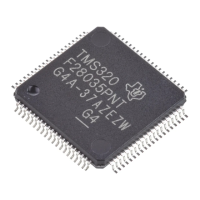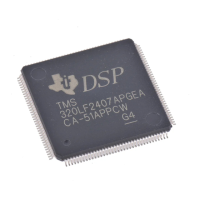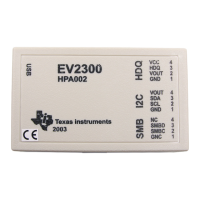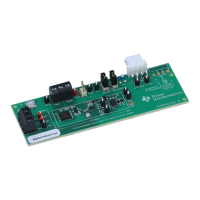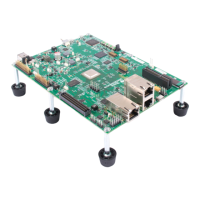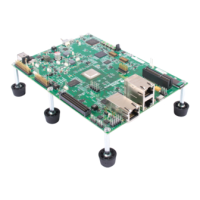Conditional
Processing
Directives
#if
/#ifdef
/#ifndef
/#else/#end
if
Syntax
#if
constant-expression
code to compile
if
condition
is true
[#else
code to compile
if
condition
is false]
#endif
#ifdef
name
code to compile
if
name is defined
[#else
code to compile
if
name is
not
defined]
#endif
#ifndef
name
code to compile
if
name is
not
defined
[#else
code to compile
if
name is defined]
#endif
Description
The C preprocessor supports several conditional processing directives:
• Three directives can begin a conditional block:
The
#if
directive tests
an
expression. The code
following
an
#if
directive
(up
to
an
#else or
an
#endif)
is
compiled if the
con-
stant-expression evaluates
to
a nonzero value. All binary
non-
assignment C operators, the
7:
operator, the unary
-,
I,
and %
operators are legal in constant-expression. The precedence
of
the operators
is
the same
as
in the definition
of
the C language.
The preprocessor also supports a unary operator named
de-
fined,
which
can be used in constant-expression in one
of
two
forms:
1)
defined«name»
or
2)
def
ined
<name>
This
allows the the
utility
of
#ifdef
and
#ifndef
in
an
#if
directive.
Only these operators, integer constants, and names
which
are
known
by the preprocessor should
be
used in constant-
expression.
In particular, the sizeof operator should
not
be used.
The
#ifdef
directive tests
to
see
if
name
is
a defined constant.
The code
following
an
#ifdef
directive
(up
to
an
#else or
an
#endif)
is
compiled
if
name
is
defined
(by
the #define directive)
and
it
has
not
been undefined
by
the
#undef
directive.
The
#ifndef
directive tests
to
see
if
name
is
not
a defined
con-
stant. The code
following
an
#ifndef
directive
(up
to
an
#else:
or
an
#endif)
is
compiled
if
name
is
not
defined
(by
the #define
directive) or
if it
was undefined
by
the
#undef
directive.
8-3
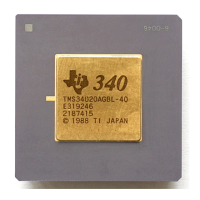
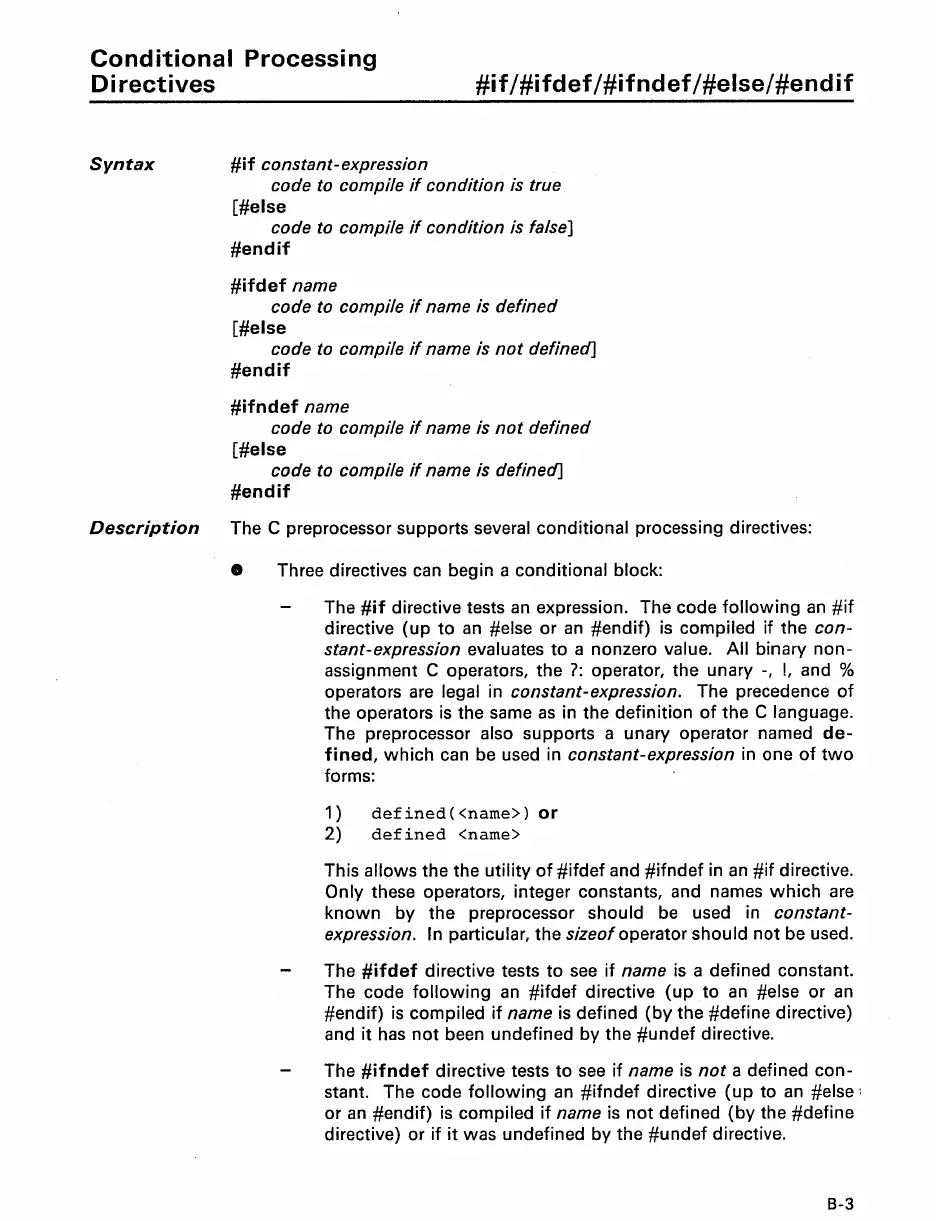